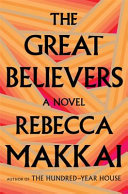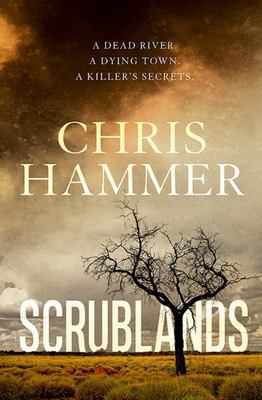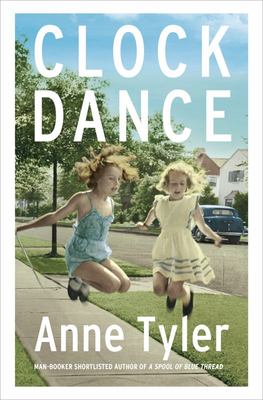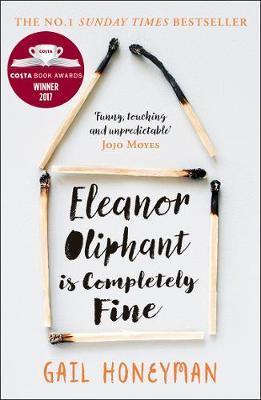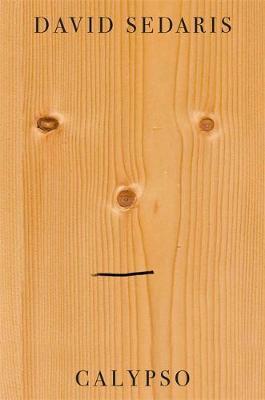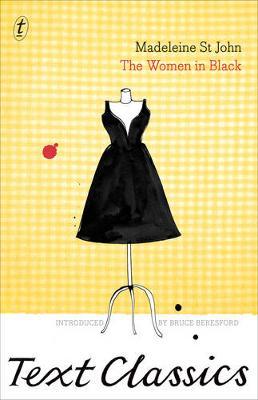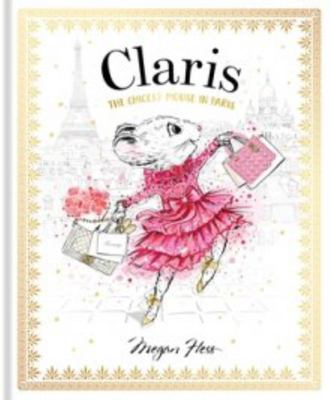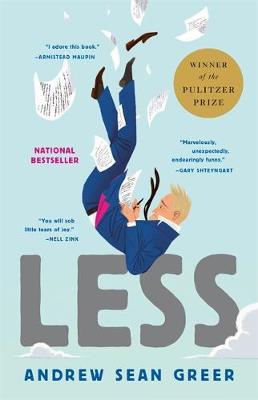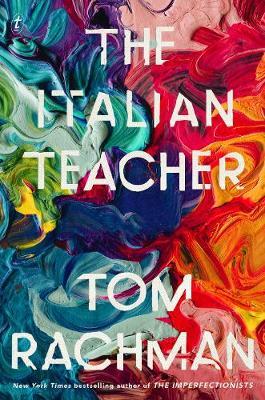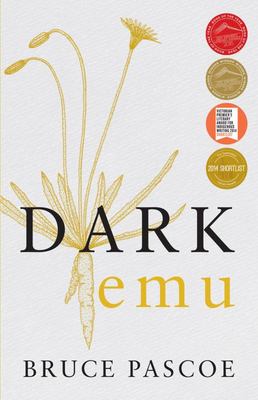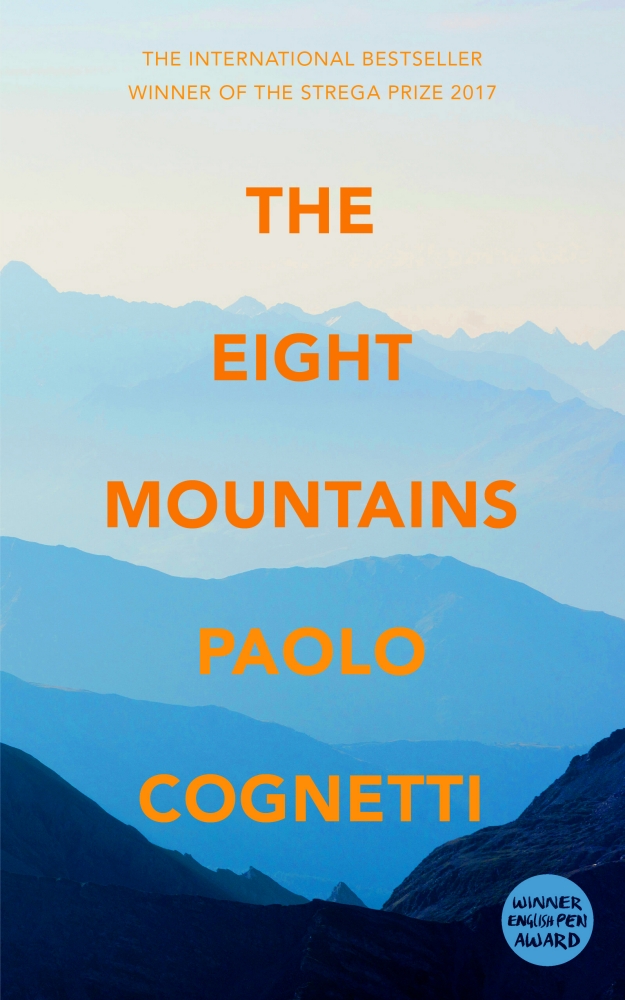Compelling and unnerving in equal measure, A Ladder to the Sky probes the toxicity inherent in naked ambition and the depravity one man will embrace in order to achieve literary acclaim. Disturbing yet seductive, John Boyne has crafted one of the best books of 2018, says our bookseller Simon McDonald.
John Boyne’s new novel begins with successful novelist Erich Ackermann describing his beguiling relationship with the handsome (but enigmatic) young would-be writer named Maurice Swift, who over the course of many months, teases information from Ackermann about his early life in Nazi Germany, and the awful secret he has kept hidden for his entire life. These revelations are fictionalised — though just barely — in Swift’s debut novel, Two Germans, which receives critical acclaim, and much publicity when he willingly exposes the basis for his book, which effectively destroy’s Ackermann’s career, making him a pariah, and sends him into hiding until the day he dies.
A Ladder to the Sky then flashes forward, various periods of time narrated by different voices (including Swift’s wife Edith, and in the final section of the book, Maurice himself). We quickly learn that, although Swift is a gifted writer — a concocter of great sentences — he has no imagination for fiction. His prose lacks heart, and quite simply, he is unable to conjure a single original idea. This shortcoming infuriates Swift, who is determined to win the Prize, and become a literary legend, no matter what it takes. And Swift is willing to do anything to accomplish his goal, including two particularly heinous acts, which will chill readers to the bone. Indeed, as the novel continues, Boyne excruciatingly dangles the possibility that Swift will never get his comeuppance; that this man, warped and demented by toxic ambition, will achieve everything he has ever hoped for while those he uses as mere stepping stones to his path of greatness are left so suffer. Some fade to obscurity; others suffer far worse fates. And the ending, when it comes, is absolutely perfect.
A Ladder to the Sky haunted me for days after I’d finished it. As much as I loathed the amoral Maurice Swift, a part of me couldn’t help but admire his sheer cunning and determination to succeed regardless of his failings. There were moments — fleeting as they were — when I understood (but never respected or agreed with, just to be clear!) his arguments for appropriating other people’s stories; and Boyne’s insights into literary life make for enthralling reading, peppering an otherwise dark tale with moments of genuine levity.
In a year of some tremendous fiction — Sally Rooney’s Normal People, Anne Tyler’s Clock Dance, and Tayari Jones’s An American Marriage, to name just three of the greats — John Boyne’s A Ladder to the Sky deserves a place among the very best books of 2018. It might even be my favourite.


